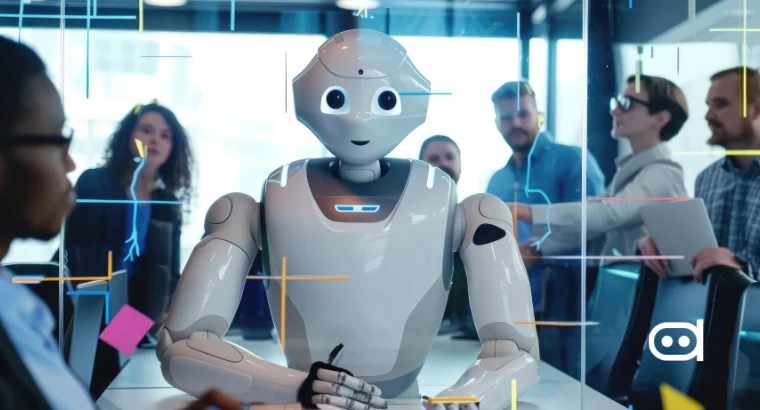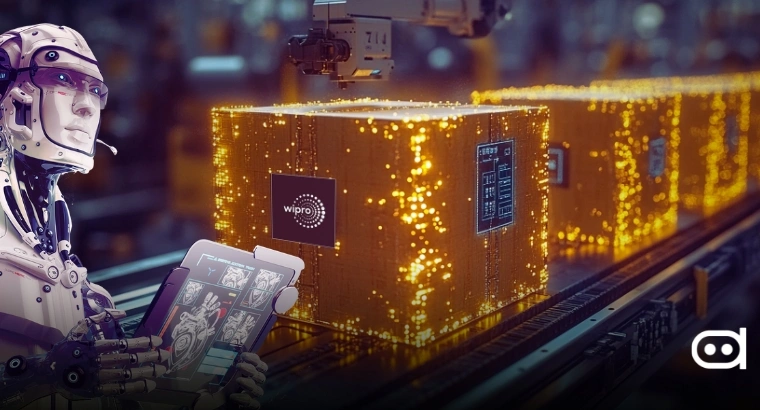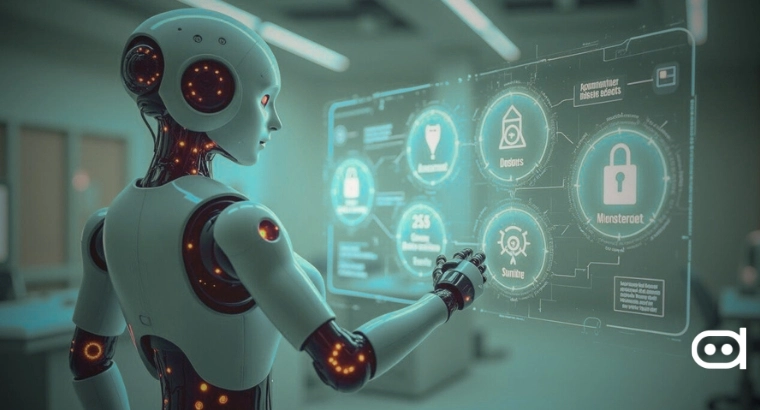
- Dario Amodei, CEO of Anthropic, has made a bold prediction that a $100 billion AI model could achieve intelligence equivalent to a Nobel Prize winner.
- This statement reignites the debate over the scaling hypothesis and the potential of AI to not just match but surpass human cognitive abilities, raising questions about the implications of such advancements.
As it was thunderous to hear, Amodei, the CEO of Anthropic, made what in the world of technology can be termed as a stimulating proposition, ‘If you were to spend $100 billion on a model, it would probably have an intelligence level similar to that of a Nobel Price winner’. While many would see such a statement as a scaling hypothesis type of statement, it also invites many concerns regarding the future engagement of man and machines.
In this context, Amodei’s statements also provoke the debate about how far we are from artificial intelligence’s inevitable limits. The scaling hypothesis has generated much discussion and engagement within the circles of AI models among AI researchers and technology dominants, resulting in the bigger and more complex the AI models become, the more complicated the behaviors will be. However, funding an AI with a Statement that can achieve a level of intelligence that is the same as that of the Nobel centers is a crucial leap in these expectations.
Some critics contend that intelligence — the kind in which one might win a Nobel Prize — does not entail just having some computational power or having the capacity to handle huge volumes of information. It is known that people who deserve Nobel prizes are not only intelligent but creative, wise, and capable of cementing knowledge in ways that are novel for humankind. These are the features that many tend to believe are innate to humanity and cannot be reproduced by, no matter how sophisticated, artificial intelligent designers.
On the other hand, those who support Amodei’s position view this potential as a violation of the developmental stage of artificial intelligence. They contend that as the scale of AI models increases, they will not only enhance their performance in terms of pure information processing but will also begin to acquire a kind of synthetic ‘creativity,’ where they generate new information beyond what is creatively possible to humans. This would make it possible in areas such as medicine, climate change, and economics, among others, where AI could solve problems that have evaded the human brain for ages.
Yet, the consequences of such development are disturbing as well. As AI systems become capable—if not better—of completing defined tasks than humans, it can completely change working norms, values, and practices, including concepts such as education and even humanity. The possibility of having an AI system capable of thinking at a Nobel level challenges the concepts of ethics and the placement of humans in society, which is filled by machines that may do better than the best of us.
Furthermore, the concept of an AI aggregate worth 100 billion dollars raises similar access and ownership issues. Who would have the means to create such a servicing network, and in which regulation would it be used? Centralization of AI’s capabilities among several world powers would only worsen the current status quo and give rise to a new political order of oppression of subjugated states. As new technological advancements continue to develop, they bring about the concern of how reliable those advancements will be without any chance of abuse or unexpected outcomes. In this regard, the development of AI systems that will create problems rather than avoid them remains a significant concern.
Nobel-AI theorists’ arguments resonate with Amodei’s prediction, given that this is omnipresent in the AI industry. Considering how companies expend more efforts and resources to develop more grandiose models, there seems to be no limit on the scope of what AI can do. However, whether this will eventually lead to all levels of AI that could trump human intelligence, with the potential to win a Nobel, remains to be seen. However, such ambition will alter the course of humanity along with some of its other unappreciated consequences.
In the final analysis, while Dario Amodei’s assertion that an AI model costing $100 billion would surpass Nobel-level intelligence is highly debatable, there is no denying this will continue with rapidly increasing speed, yet another reason why we should primarily focus on ethics now. I think it has touched upon an issue that is going to be critical – as the world seems to be entering a scenario where human-level artificial intelligence is not only a ‘when’ but ‘how these technologies would allow humans to use’ – it is all the more important to pay heed. The technology is there, to these questions of when and how to understand better these techniques from a non-technical perspective.
What is your reaction?
Excited
0
Happy
0
In Love
0
Not Sure
0
Silly
0





